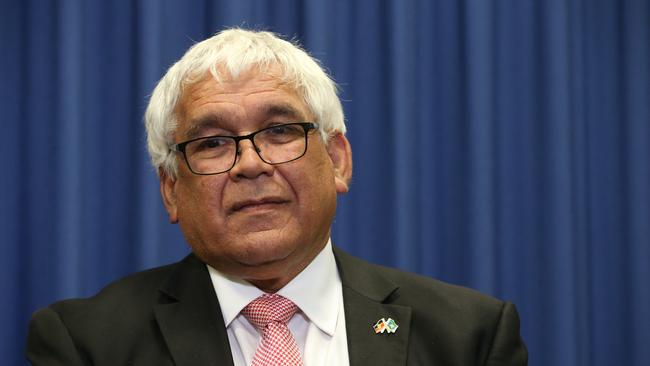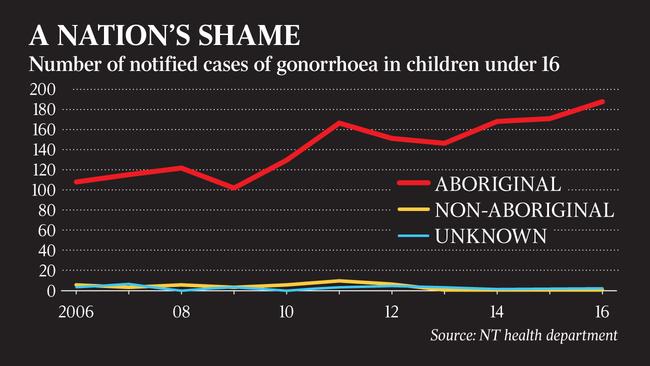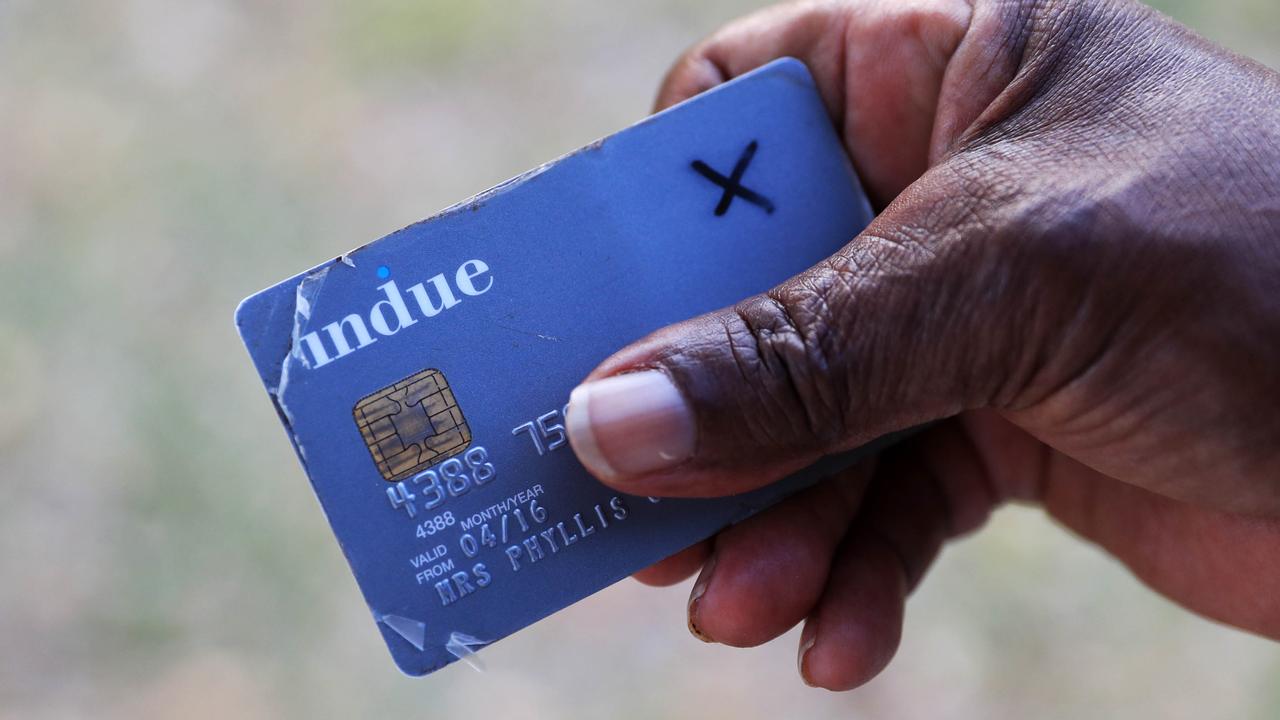Protection agencies swamped by ‘tsunami’ of sex abuse
Child protection authorities are shocked by the scale of neglect and under-reported sexual activity involving children in NT.

Child protection authorities are overwhelmed by the scale of neglect and under-reported sexual activity involving children in the Northern Territory, which has seen rates of sexually transmitted infections soar over the past decade and prompted one former minister to suggest the rampant abuse of minors can only be stopped by imposing a form of martial law.
Territory Families took just five sex abuse victims into temporary protective custody between 2012-13 and 2015-16 despite substantiating 232 abuse cases, according to data compiled by a royal commission.
The then minister, John Elferink, said yesterday that he felt “frankly, largely powerless” in the face of a “tsunami” of under-reported and under-recognised child welfare problems that no government then or now had the capacity or willingness to resolve.
“What’s the solution? We keep sticking Band-Aids on the amputation, hoping to Christ that it will stop the bleeding over time. But it’s simply not good enough,” he said. “Unless a child’s situation is truly bad or they are particularly young, there’s minimal chance that the child will see any form of government protection come their way.
“We would almost have had to have declared a state of emergency to deal with all the issues, which would have entailed enormous consequences. There’s no way, in the current environment, that you could create a state of emergency, which would be almost like declaring martial law, and so you’re stuck with all these compromise approaches.”
The Howard government’s 2007 NT Emergency Response had ostensibly failed, he said.
Between 2006 and 2016, the numbers of notified cases of childhood STIs rose by as much as 180 per cent for some diseases. Underage Aboriginal girls are now almost 60 times more likely to contract syphilis than their non-Aboriginal counterparts and 30 times more likely to contract gonorrhoea or trichomoniasis, according to official figures.

Former NT Children’s Commissioner Howard Bath said STI rates were among “only a very few objective indicators we have” of child sexual abuse.
“In my view, they are a better indicator of background levels of abuse than reporting because so many of those cases don’t get reported to anyone, whereas kids with serious infections do tend to go to a doctor,” Dr Bath said.
The Royal Commission into the Protection and Detention of Children in the NT showed that while the number of warnings about sex-related harm and exploitation of children received by authorities in 2015-16 was more than 70 per cent higher than eight years earlier, the number of substantiated cases was down by one-third. In the intervening years, recorded instances of child sexual abuse dwindled to a handful, partly due to errors that saw Territory Families wrongly classify sex abuse as neglect.
Commissioner Mick Gooda said the evidence — some of which went beyond the inquiry’s terms of reference — had been included in its final report because the issues involved were so severe.
“We didn’t really have time to go deeply into a whole lot of that stuff. That’s why we said that it needs further investigation,” Mr Gooda said. “We were concerned.”
Aboriginal men, who often complain about being demonised, made up about two-thirds of all those charged with child sexual-assault offences over the past 10 years, according to the report. Aboriginal people comprise about one-third of the Territory’s population.
Dr Bath said the data was extremely worrying. “Neglect creates the conditions for sexual abuse to occur,” he said. “It’s not that there are any more nasty predators running around (in remote communities); it’s that there’s often easier access and less supervision.”
The commission’s final report quoted a senior manager saying: “In reference to the Child Abuse Taskforce, it is very, very infrequent that we remove children from their families. Very, very infrequent … I think we’ve done it on two occasions.”
Mr Elferink said that was correct. He also claimed the NT Department of Health, which he previously ministered, did not treat STIs in kids older than 14 years as child protection matters.
“Children over the age of 14 years were basically abandoned,” he said. “The problems are so entrenched that neither the Territory nor the federal governments have the capacity to deal with them.”
Those included giving contraceptives to underage girls.
The commission said it was “unclear” how many sex abuse victims remained in the environments where the abuse had occurred. Dr Bath said the safety of such kids was hard to guarantee.
“I have never had confidence that the child protection system can do the job that absolutely needs to be done … the objective reality is that these kids aren’t safe,” he said, adding that a shortage of out-of-home care in the NT meant removing kids was no “magic bullet”. “I would reframe it and just say there needs to be better protection of kids,” Dr Bath said. “Part of that protection is removing kids, part of it is more intensive monitoring and part of it is better family support.”
The revelations follow concerns about why Territory Families failed to protect a toddler who was raped in Tennant Creek last month.
Mr Gooda said child safety should be the priority and where risks could not be “removed from the child, the child must be removed from the risk”, but called for a case-by-case examination.
Jenni Collard, an Aboriginal woman from WA who headed the Territory’s child protection agency for six months in 2013, said the agency had struggled to find quality staff in outback areas and that those operating in small communities could be reticent about making tough decisions.
“In these small offices they all socialise together and can stop seeing what’s right and wrong,” Ms Collard said.
Over the past decade, 40-60 per cent of sexual assault cases ended in charges being withdrawn and only about half of those convicted received terms of imprisonment not partially or fully suspended.
The office of the Minister for Territory Families, Dale Wakefield, was unable to respond on Friday or over the weekend.




